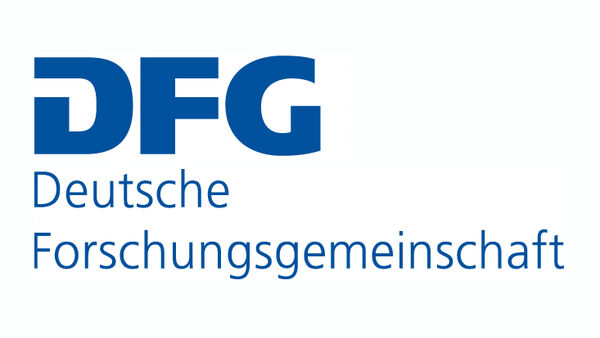DFG Priority Programs
SPP 2453: Integration of mitochondria into the cellular proteostasis network
Mitochondrial biogenesis relies on importing over 1,000 precursor proteins synthesized in the cytosol, yet this process's mechanisms and quality control are poorly understood. Defects in mitochondrial function are linked to aging and neurodegenerative diseases, with accumulating precursor proteins posing a significant challenge to cellular proteostasis, especially in aging cells where mitochondrial functionality declines. This priority program brings together researchers from diverse fields to explore questions regarding the cellular quality control of mitochondrial precursor proteins. The focus will be on understanding how different cellular compartments ensure specific protein transport to mitochondria, how quality control pathways cooperate to remove non-imported precursors, and how proteostasis mechanisms balance mitochondrial biogenesis with cellular needs.
Mitochondria import approximately 1,000 precursor proteins produced on cytosolic ribosomes, guided by cytosolic chaperones like Hsp70 and J-domain proteins. The translocase of the outer membrane (TOM complex) facilitates the import of these largely unfolded proteins. However, premature folding or decreased membrane potential can cause precursor proteins to stall in the translocation channel, leading to their accumulation and triggering cellular stress responses that may result in cell death. Mitochondrial protein translocation-associated degradation (mitoTAD) and mitochondrial compromised protein import response (mitoCPR) help clear stalled precursors from the TOM complex. The role of cytosolic chaperones in this process has yet to be fully understood. Preliminary data suggest that J-domain proteins may play a role in managing non-imported precursors. This project aims to utilize baker's yeast and Caenorhabditis elegans to investigate the functions of J-domain proteins in mitochondrial protein import quality control. The project will identify specific J-proteins involved in clearing mitochondrial precursors, analyze their role in the distribution and sequestration of non-imported proteins, and assess their impact on cellular stress responses during import stress. Ultimately, the study seeks to elucidate how J-domain proteins integrate mitochondrial biogenesis into cellular proteostasis and their physiological significance for neuronal and muscle function.
Cooperating partners
Leibniz Institute on Aging – Fritz Lipmann Institute (FLI)
University of Bonn

Contact

Janine Kirstein
Partner
+49 3641 65-6415
janine.kirstein@~@leibniz-fli.de








